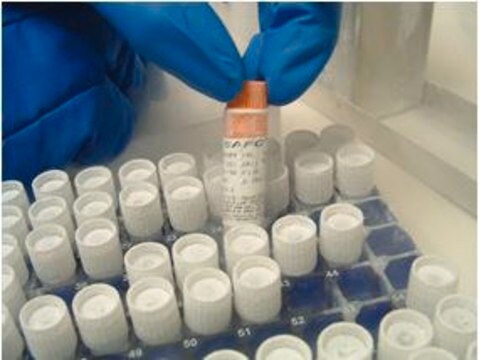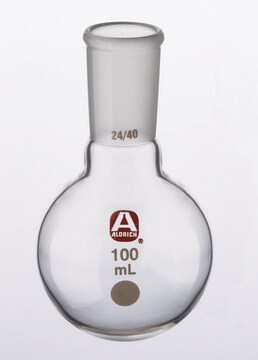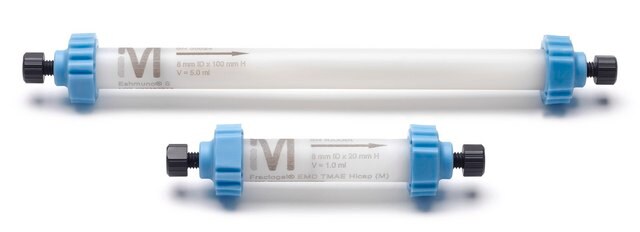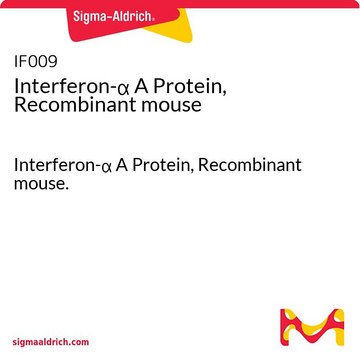Recommended Products
description
CHOZN® DHFR-/- ZFN-modified CHO cell line
dihydrofolate reductase knockout cell line
Quality Level
shipped in
dry ice
storage temp.
−196°C
General description
Cell Line Origin
Physical form
Legal Information
Storage Class Code
10 - Combustible liquids
WGK
WGK 2
Flash Point(F)
Not applicable
Flash Point(C)
Not applicable
Certificates of Analysis (COA)
Search for Certificates of Analysis (COA) by entering the products Lot/Batch Number. Lot and Batch Numbers can be found on a product’s label following the words ‘Lot’ or ‘Batch’.
Already Own This Product?
Find documentation for the products that you have recently purchased in the Document Library.
Articles
MGAT1 adds N-acetylglucosamine to the Man5GlcNAc2 (Man5) structure. Goh et al. reported increased sialylation after restoring MGAT1 function in MGAT1 deficient CHO cells.
In the present study, we have identifi ed species-specifi c housekeeping genes (HKGs) for Chinese Hamster Ovary (CHO) cells using data from microarray gene expression profiling.
The Glutamine Synthetase (GS) expression system does not typically require multiple rounds of amplification to isolate high-producing clones (Brown, 1992).
A signal peptide is a 5-30 amino acid (aa) peptide present at the N-terminus of secretory proteins.
Our team of scientists has experience in all areas of research including Life Science, Material Science, Chemical Synthesis, Chromatography, Analytical and many others.
Contact Technical Service





